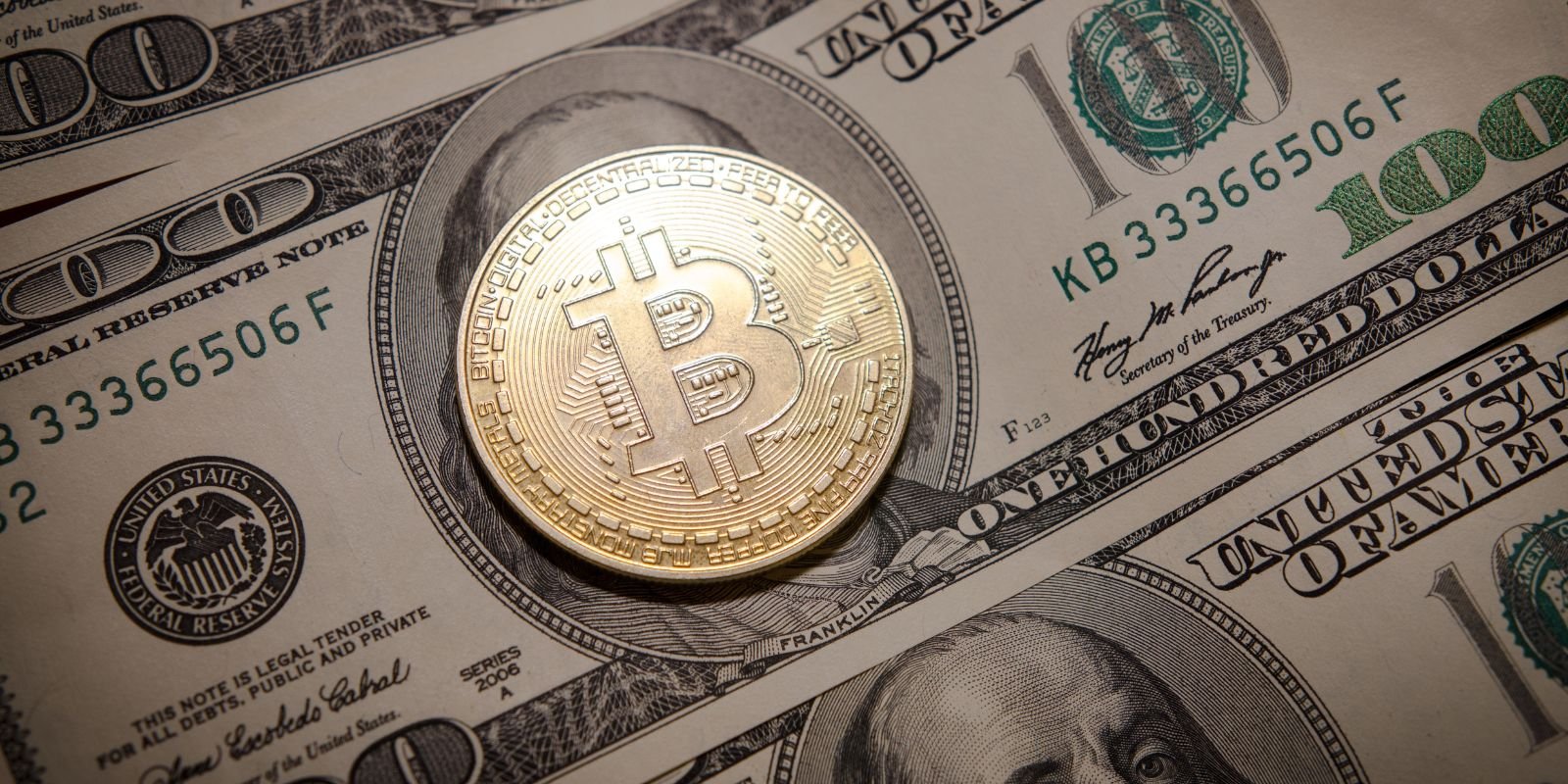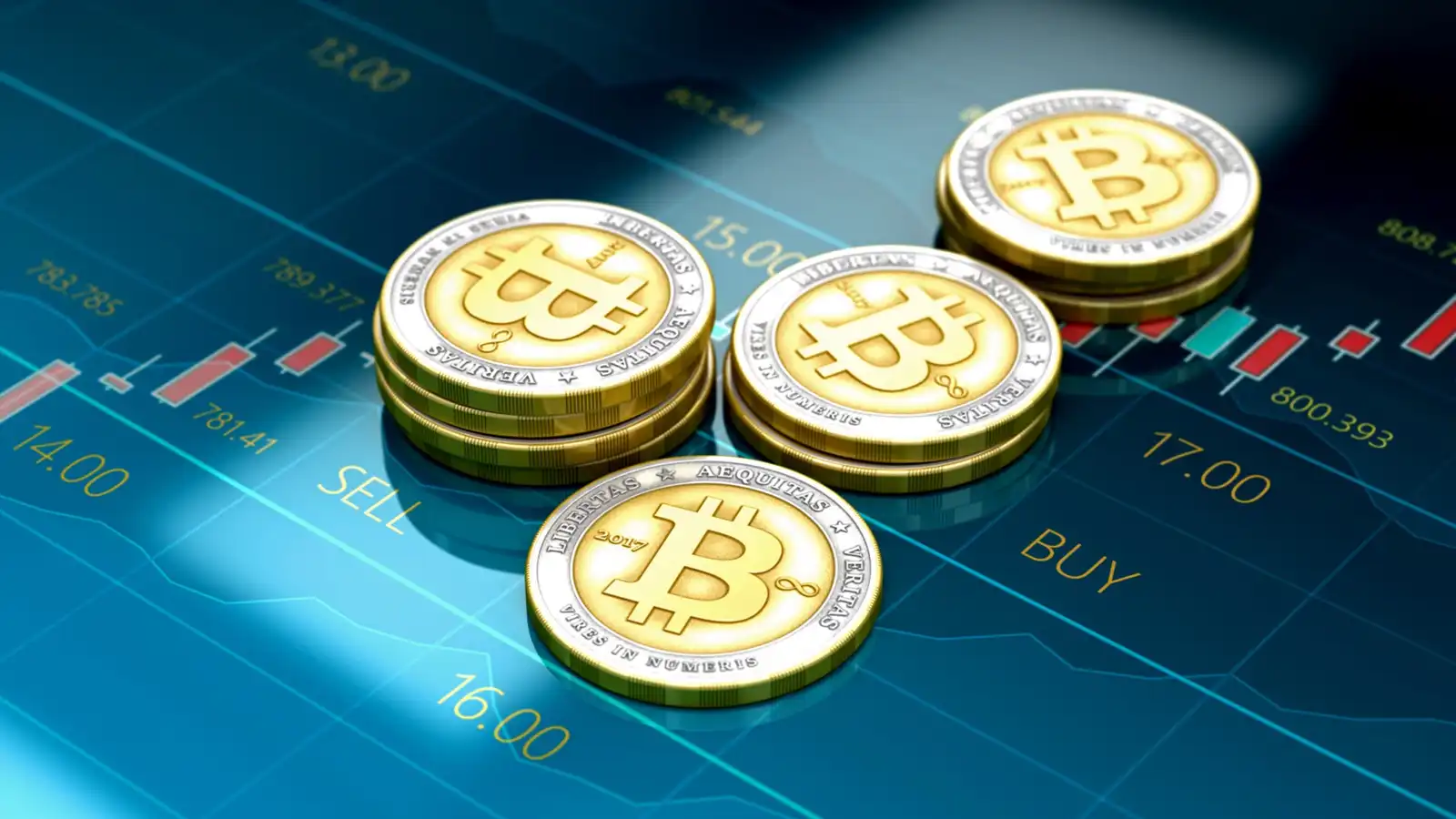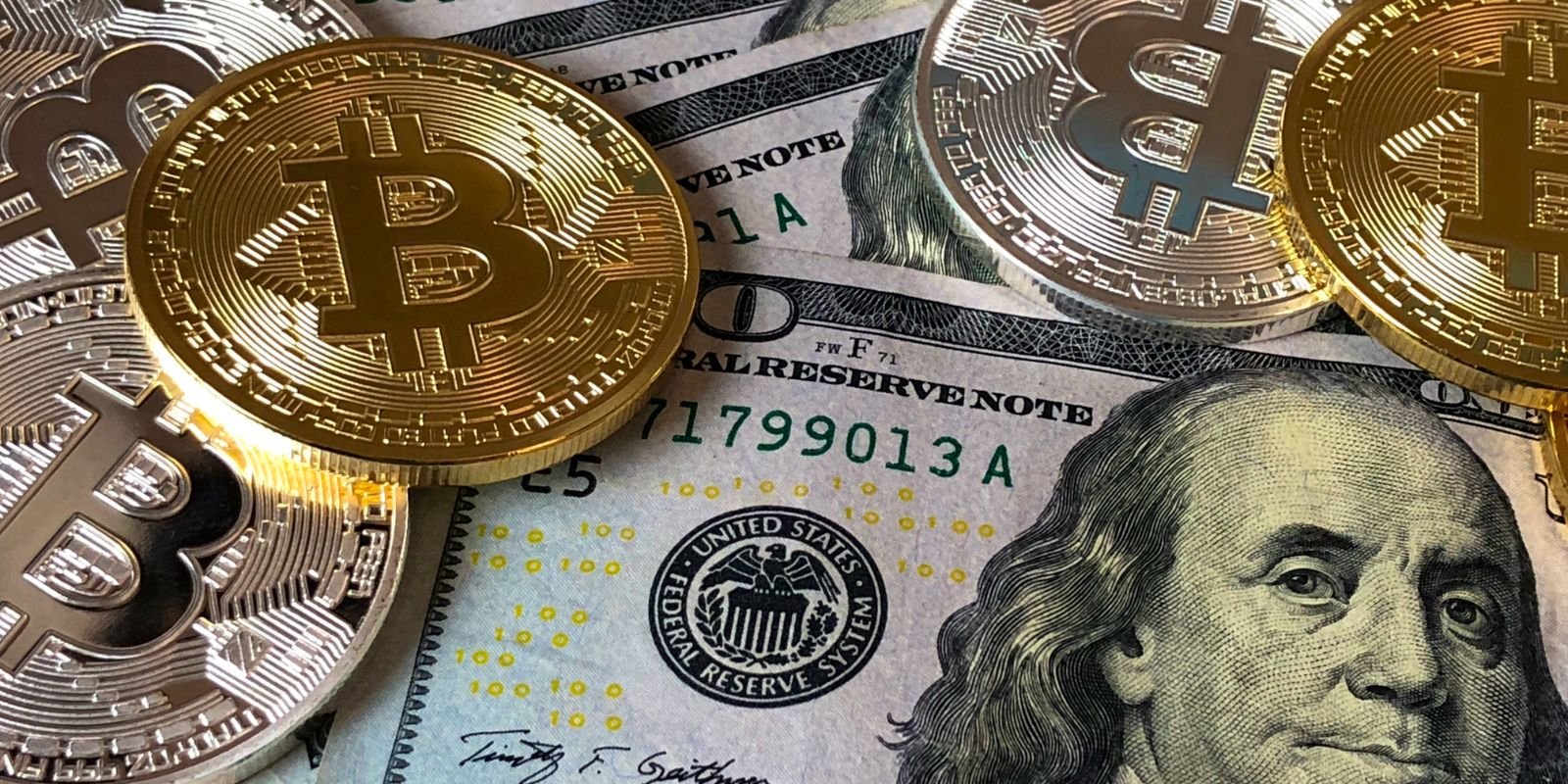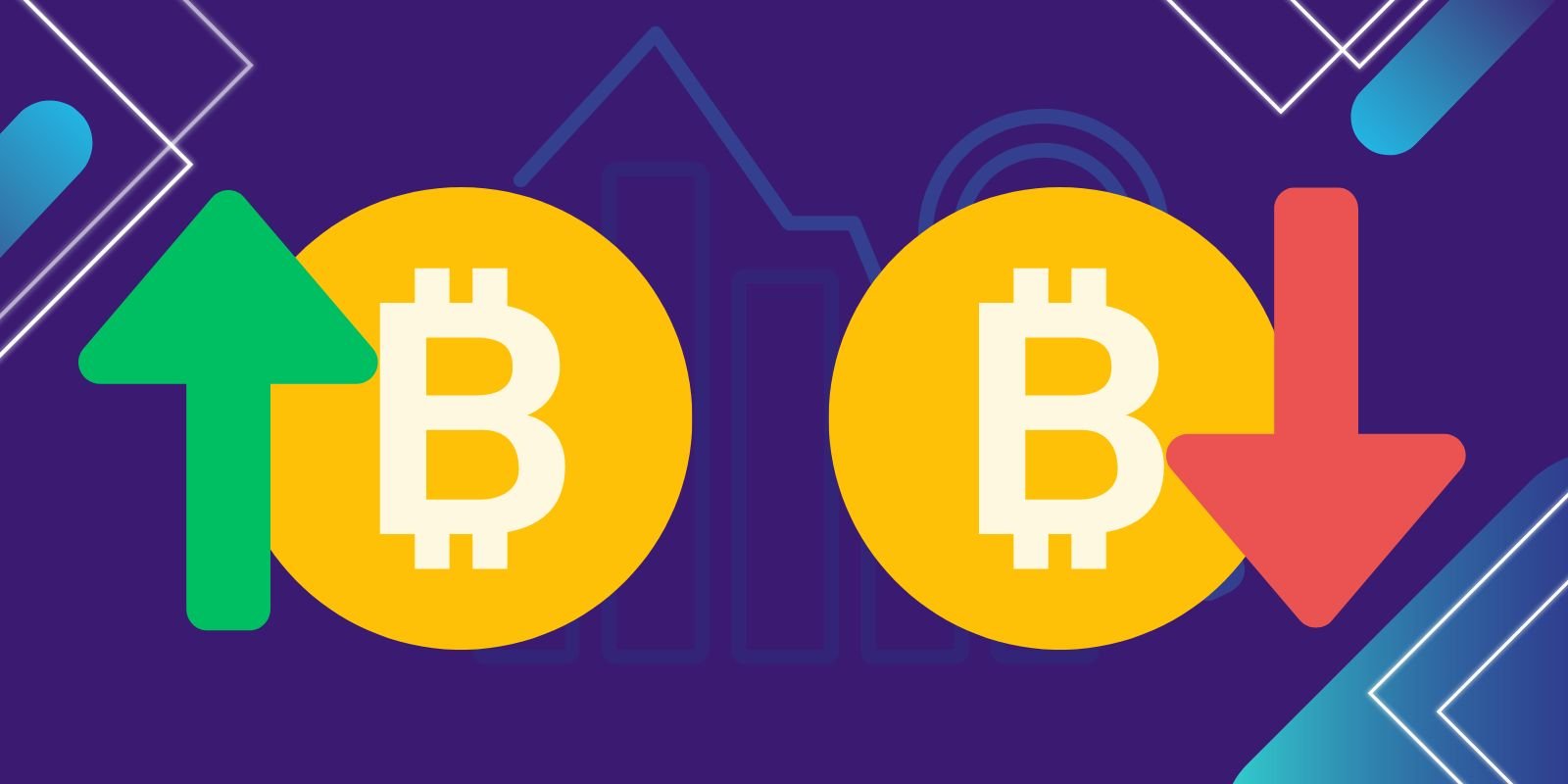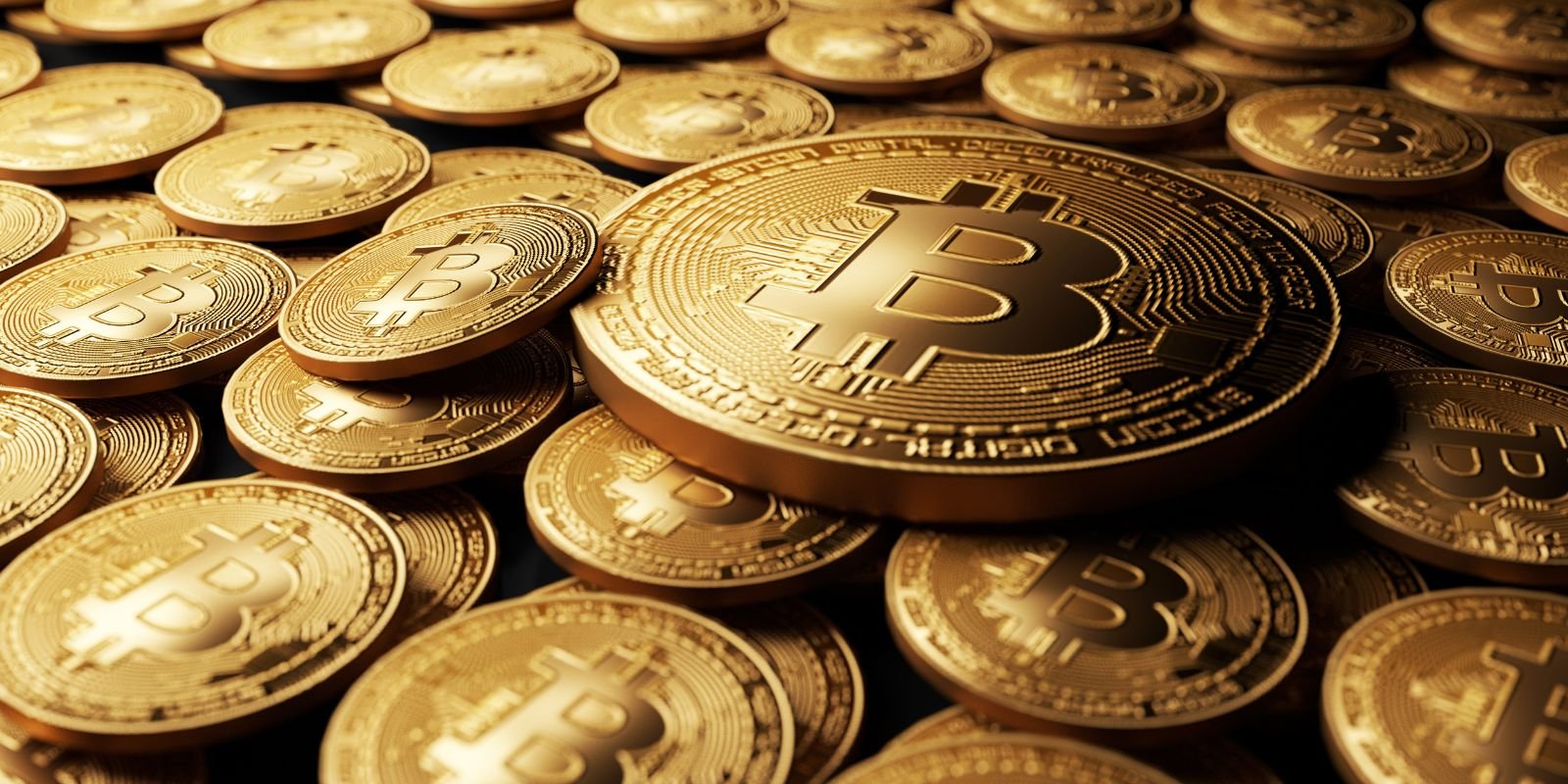One of the most intriguing questions surrounding cryptocurrencies relates to their relationship with inflation. Cryptocurrency and inflation are interconnected but work in very different ways.
Traditional currencies, such as the dollar, euro, or yen, are subject to the effects of inflation, a process where the general price level of goods and services rises over time, eroding purchasing power. However, cryptocurrencies operate on an entirely different paradigm, offering the potential to disrupt the traditional monetary framework.
Enter cryptocurrency. With its decentralized nature and built-in digital scarcity, crypto has been touted as a hedge against inflation. Have you ever wondered just how closely these two concepts—cryptocurrency and inflation—are related?
How Cryptocurrency Works: Decentralized Digital Money
Cryptocurrency is digital money that’s managed via an encrypted system called a blockchain. This means the currency isn’t run by a central bank—it’s decentralized, and transactions are recorded in a public ledger.
As a result, users can enjoy increased privacy when they’re making payments when they buy or sell Bitcoin in Dubai or any other cryptocurrency, as well as more secure transactions that are faster and cheaper than traditional methods. On top of this, the deflationary nature of cryptocurrency means more of it will be locked away forever over time, which makes it different from fiat currencies with inflationary policies. In other words, the total supply of Bitcoin is finite and finite supply can help protect against the inflationary effects of money printing by governments.
The most well-known and widely used cryptocurrency is Bitcoin, which was introduced in 2009. Bitcoin paved the way for the development of thousands of other cryptocurrencies, commonly known as altcoins. Some popular altcoins include Ethereum, Ripple, Litecoin, and Bitcoin Cash.
Inflation: Why Prices Rise and the Impact on Purchasing Power
If you’re wondering what inflation is, fear not—it’s a bit of a complicated economic concept, but it’s really just about the price increase. When prices go up, we say that there is “inflation” in the economy. This could be because of increased demand from many people wanting the same product or service, or because of higher taxes or production costs. The result is that the same amount of money can buy you less and less over time, so your purchasing power decreases.
So what does this have to do with cryptocurrency? Well, one of the arguments for investing in digital assets like Bitcoin is that they may help hedge against inflation when governments print too much money. As governments around the world struggle to fight inflation with monetary policy tools, some investors see cryptocurrencies as a way to protect their investments from eroding purchasing power, as Bitcoin theoretically should become more valuable as more fiat currency is printed.
Ultimately, whether or not cryptocurrency provides a reliable hedge against inflation remains to be seen. As governments and central banks continue to explore monetary policy tools in an effort to stimulate economic growth while controlling inflation and fighting financial crises, only time will tell if digital currencies will be able to provide protection for investors in an uncertain economic environment.
The Relationship Between Cryptocurrency and Inflation: Bitcoin
Bitcoin is a hedge against inflation is a concept that is being debated a lot, but is it true? To answer this question, we need to understand the relationship between cryptocurrency and inflation, Bitcoin in particular.
Inflation is a measure of how the value of money tends to decrease over time. It’s caused by an expanding money supply and an otherwise constant demand for goods and services—the more money in circulation, the less valuable each individual currency unit becomes.
When inflation increases, so do prices, as businesses must pay more for goods and services when their own profits erode from having to raise prices to cover their costs. As a result, buying power decreases with inflation—your money isn’t worth as much as it was prior to the inflationary cycle.
But Bitcoin is different because it’s not issued or controlled by any central bank like fiat currencies are. Instead, it’s “mined” from a decentralized network of computers that run distributed ledger technology (DLT) called blockchain. So even if inflation does cause an increase in prices for goods and services, Bitcoin isn’t affected because it’s not linked to any central bank or government-issued currency. That makes Bitcoin far less vulnerable to changes in government-issued money supplies; in other words, unlike your traditional fiat currency which loses its value over time due to inflation, Bitcoin remains unaffected by such changes in monetary policy This makes Bitcoin a possible hedge against rising prices caused by inflation – something that traditional fiat currencies cannot offer.
Bitcoin as a Hedge Against Inflation: The Debate
It’s become increasingly popular to view Bitcoin as the answer to rising prices, especially given the hyperinflation of some unstable fiat-based currencies in recent years. After all, Bitcoin has an inflation rate of only about 2.5%, a fixed supply, and is extremely liquid, making it a great hedge against inflation.
But is it? That depends on who you ask — there’s still a lot of debate over the role that Bitcoin plays in helping to protect against inflation. Advocates for Bitcoin say that the decentralized nature of cryptocurrency makes it well-suited to hedge against inflation since no central government can manipulate its supply or value. And since miners are rewarded with new coins for verifying transactions on the blockchain, there’s a fixed amount of coins put into circulation every year, reducing any potential deflationary effects due to hoarding.
However, skeptics argue that it’s hard to tell if or how much storage or usage costs like electricity and hardware will affect the price of Bitcoin in the long run. And while Bitcoin may be more resistant to manipulation by central banks than fiat currencies are, there’s still potential for manipulation by whales with large holdings and an exchange rate that can be volatile at times.
The bottom line is that no one knows for certain whether or not Bitcoin is an effective hedge against rising prices — but since its value continues to rise (albeit with occasional dips) in spite of economic turmoil in some parts of the world, many proponents continue to view it as a safe haven for their investments during times of uncertainty.
Other Cryptocurrencies That Could Combat Inflation
Inflation is a concern for many, but could other cryptocurrencies combat it? After all, there are thousands of different cryptocurrencies out there.
The answer isn’t as clear-cut as you might think. While some digital currencies are more resistant to inflation than others, none have been tested under extreme inflationary conditions.
That said, here are a few of the leading contenders:
- Ethereum (ETH) – Ethereum is designed to be an enterprise-level cryptocurrency and smart contracts platform, and it’s seen some success in this area. It has its own blockchain with built-in security features and can process payments quickly and securely.
- Litecoin (LTC) – Litecoin is similar to Bitcoin in many ways but its block time—the frequency at which new blocks are added to its blockchain—is shorter than Bitcoin’s (2.5 minutes vs 10 minutes). This means that transactions on the network can be processed faster and more efficiently than with Bitcoin.
- Dash (DASH) – Dash offers users more anonymity than other cryptocurrencies thanks to its PrivateSend feature, which makes it harder for users or their transactions to be tracked on the blockchain. It also has quick transaction times and low fees, making it a great option for purchases micro-payments or everyday purchases that may not require a lot of privacy protection.
- Zcash (ZEC) – Zcash is another cryptocurrency that offers users enhanced privacy protection when compared to other leading cryptos like Bitcoin and Ethereum. Transactions on the Zcash network are encrypted end-to-end, meaning that not even miners or nodes on the network can see what’s being exchanged between two parties;
The Future of Cryptocurrency and Inflation: Will Cryptocurrency Provide Shelter?
The last thing you might not know is how cryptocurrency will be affected by inflation. It’s a complex topic, and really hard to predict what will happen given its volatility and the nature of fiat currency. But many believe that crypto assets like Bitcoin are a hedge against inflation—since it is decentralized, and not backed by any government or central bank, it always has the potential to become the go-to store of value if one-day traditional currencies become heavily devalued.
Even though there is still much debate about cryptocurrency as an investment asset, some experts in the industry believe that stablecoins will be a key factor in providing shelter from hyperinflation going forward. Stablecoins are cryptocurrencies that are pegged to an asset, like regular currency or gold, so their value doesn’t fluctuate due to market forces. That reduced volatility makes them perfect for acting as a store of value if another financial crisis were to occur.
So while no one can predict the future, cryptocurrency certainly has the potential as a hedge against rising prices when it comes to managing inflation risk. With the right strategies, crypto investments could eventually provide shelter against unexpected market shocks in the future which is why people are more inclined to buy cryptocurrency in Dubai.
Summary
In summary, while Bitcoin and other cryptocurrencies have been touted as a hedge against inflation, the facts simply don’t bear that out. While there are some correlations between cryptocurrency and inflation, they are far from perfect.
Until Bitcoin truly matures and diversifies its use, the most prudent strategy may be to diversify investments. While far from sure-fire protection against inflation, investing in any cryptocurrency is still a gamble and should be approached with caution. It’s important to do your research and make sure you understand the risks and rewards of any investment before going in.

